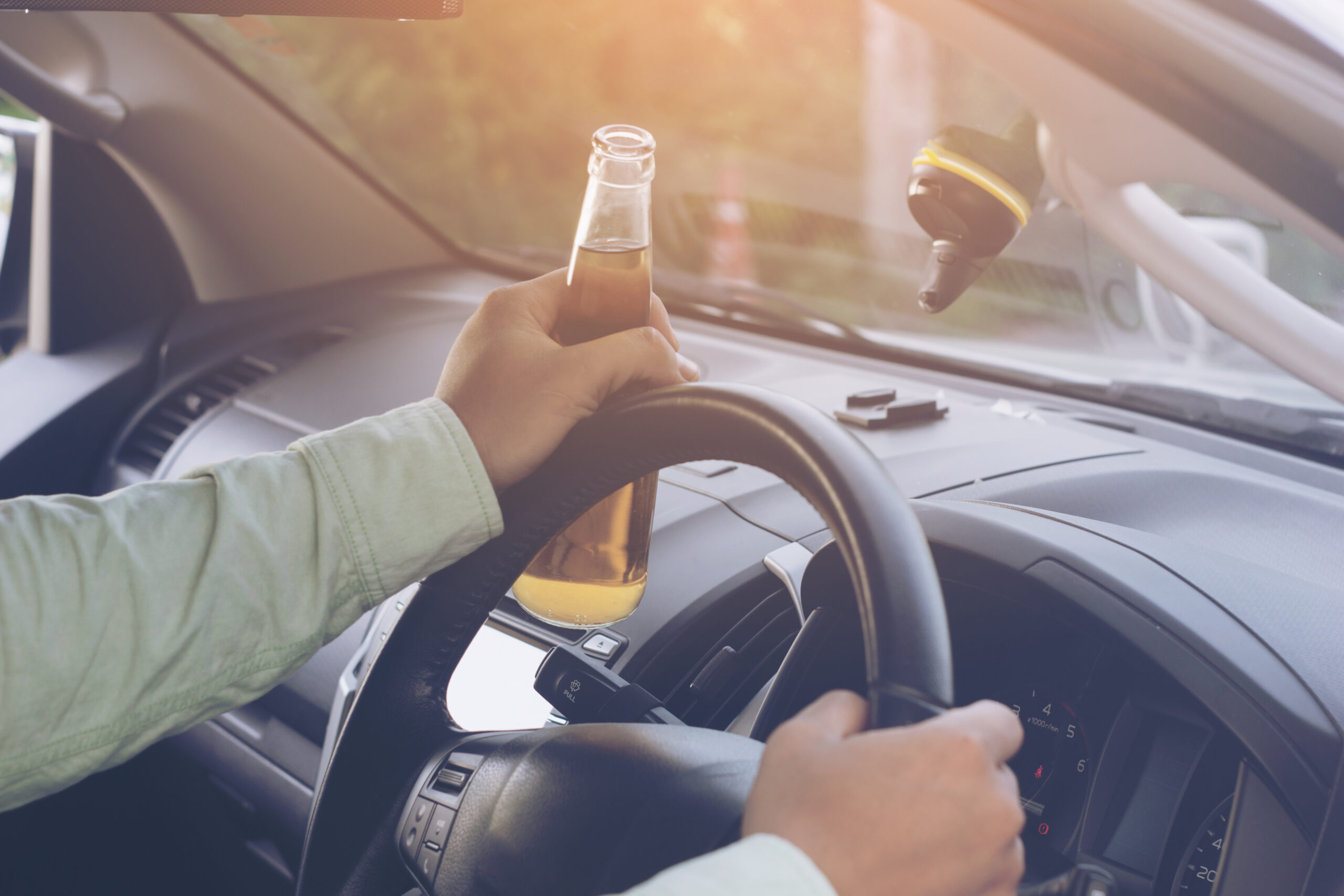Photo: Adobe Stock
Driving under the influence (DUI) is a serious offense that carries significant legal consequences, especially when it results in legal repercussions. The repercussions for individuals who drive while impaired can be severe, affecting not only their legal standing but also the lives of others involved. Understanding the legal implications of DUI in the context of car accidents is essential for both drivers and victims alike.
Understanding DUI Laws
DUI laws vary from state to state, but they generally prohibit operating a vehicle while impaired by alcohol or drugs. Most states have established a legal blood alcohol concentration (BAC) limit of 0.08% for drivers over the age of 21. For commercial drivers, the limit is often lower, and for drivers under 21, any detectable alcohol can result in a DUI charge. Lawyers can help you understand the laws in your specific state.
When an individual is involved in an incident while under the influence, the legal consequences can be compounded. Law enforcement will typically conduct a breathalyzer or blood test to determine the driver’s BAC at the time of the incident. If the results indicate that the driver was above the legal limit, they may face criminal charges, which can include fines, license suspension, and even jail time.
Criminal Consequences of DUIs
The criminal consequences for driving under the influence can be severe, particularly when the incident results in injuries or fatalities. Depending on the circumstances, a DUI charge can escalate to a felony, especially if:
– The incident resulted in serious bodily injury.
– A fatality occurred.
– The driver has previous DUI convictions.
In cases of felony DUI, the penalties can include substantial prison time, significant fines, and longer license suspension periods. Additionally, the individual may be required to complete a substance abuse program as part of their sentence.
Civil Liability in DUIs
Beyond criminal charges, an individual who causes a legal incident while under the influence may also face civil liability. Victims of DUI-related incidents have the right to file personal injury claims against the impaired driver to seek compensation for their damages. This can include:
– Medical expenses
– Lost wages
– Pain and suffering
– Property damage
In civil court, the burden of proof is lower than in criminal court. Victims must show that the individual acted negligently or recklessly, which is often established by demonstrating that the driver was under the influence at the time of the incident.
The Role of Insurance
Insurance companies play a crucial role in the aftermath of DUI-related incidents. If the impaired driver is found liable, their insurance may cover some of the victim’s expenses, depending on the specifics of the policy. However, DUI can complicate matters, as many insurance companies have clauses that may limit or deny coverage in cases involving illegal activities, making a personal accident lawyer crucial.
In some cases, victims may find themselves pursuing compensation directly from the driver, especially if insurance coverage is inadequate or denied. A law firm can help victims navigate this complex landscape, ensuring they receive the compensation they deserve.
Increased Penalties for Repeat Offenders
For individuals with prior DUI convictions, the legal implications can become even more severe. Repeat offenders face harsher penalties, including longer jail sentences and more substantial fines. In many states, a third DUI conviction can lead to mandatory imprisonment, longer license suspensions, and higher insurance premiums.

